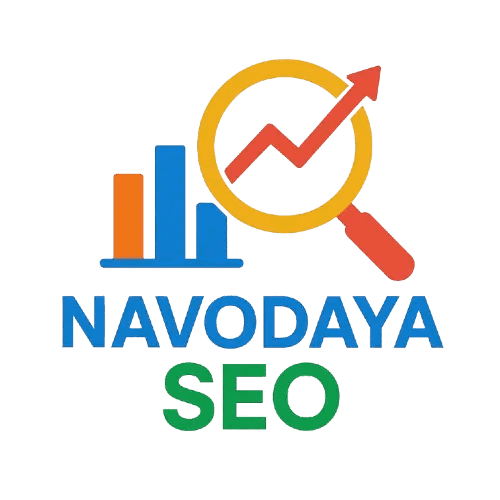
The Future of E-Learning: Independent Entrepreneurs Launch More Courses
The e-learning landscape is undergoing a dramatic transformation. While traditional institutions continue to offer online courses, a new wave of independent entrepreneurs is reshaping the industry. These solo educators, subject matter experts, and digital creators are launching specialized courses at unprecedented rates, democratizing education and creating new opportunities for learners worldwide. This shift represents not just a trend but a fundamental change in how knowledge is created, shared, and monetized in the digital age.
Key Insight: The global e-learning market is projected to reach $457.8 billion by 2026, with independent creators capturing an increasingly significant share of this growth.
The Rise of the Independent Course Creator
The past decade has seen an explosion of platforms enabling individuals to create and sell courses without institutional backing. Marketplaces like Udemy, Teachable, and Kajabi have lowered the barriers to entry, allowing experts to transform their knowledge into scalable digital products.
This democratization has empowered:
- Industry professionals to share practical skills
- Academics to reach beyond university walls
- Creatives to teach niche crafts and techniques
- Entrepreneurs to package business expertise
Why Independent Creators Are Thriving
Several factors are driving this entrepreneurial surge in course creation:
1. Technological Accessibility
Modern course platforms handle payment processing, video hosting, and student management, allowing creators to focus solely on content development. No coding or technical expertise is required to launch a professional course.
2. Changing Learning Preferences
Today's learners value:
- Practical, job-ready skills over theoretical knowledge
- Flexible, self-paced learning schedules
- Niche specialization rather than broad curricula
- Direct access to industry practitioners
3. Monetization Opportunities
Independent creators can earn substantial income through:
- Course sales (often 50-95% profit margin)
- Subscription models
- Cohort-based programs with premium pricing
- Complementary products and services
4. Authentic Connection
Learners increasingly seek authentic voices and real-world experience. Independent creators often provide:
- Unfiltered industry insights
- Personal mentorship elements
- Community building around shared interests
- Responsive, direct communication
Impact on the E-Learning Ecosystem
This entrepreneurial wave is reshaping education in profound ways:
For Learners
- Access to hyper-specialized knowledge
- More affordable options than traditional education
- Learning from current industry practitioners
- Global access to diverse perspectives
For Traditional Institutions
- Pressure to modernize offerings
- Competition for student attention and dollars
- Opportunities for partnerships with independent creators
- Need to demonstrate unique value beyond content delivery
For the Economy
- Creation of new micro-entrepreneurship opportunities
- Faster dissemination of emerging skills
- Reduced skills gaps in rapidly evolving industries
- Geographic decentralization of expertise
Challenges and Considerations
Despite the opportunities, independent course creators face significant hurdles:
Quality Control
Without institutional oversight, course quality varies dramatically. Successful creators must:
- Invest in professional production values
- Continuously update content
- Gather and implement student feedback
- Demonstrate tangible learning outcomes
Market Saturation
As more creators enter the space, standing out requires:
- Distinctive positioning and branding
- Effective marketing strategies
- Community building
- Ongoing innovation in teaching methods
Sustainability
Many creators struggle with:
- Balancing content creation with student support
- Maintaining relevance in fast-changing fields
- Scaling operations without compromising quality
- Navigating platform dependencies and algorithm changes
The Road Ahead
The future of e-learning will likely see:
- Hybrid Models: Blending independent creator expertise with institutional credibility
- Micro-Credentials: Stackable certifications from various sources forming comprehensive skill portfolios
- AI Integration: Personalized learning paths and automated support systems
- Immersive Experiences: VR/AR courses offering hands-on practice
- Global Marketplaces: Cross-border knowledge exchange becoming seamless
Conclusion
The rise of independent entrepreneurs in e-learning represents more than a business trend—it's a fundamental shift in how knowledge flows through society. As barriers continue to fall and tools improve, we'll see even more diverse voices contributing to the global learning ecosystem.
For learners, this means unprecedented access to specialized knowledge. For creators, it offers the opportunity to build sustainable businesses around expertise. For society, it promises a more agile, responsive, and democratized approach to education.
The future of learning isn't just online—it's independent, entrepreneurial, and infinitely diverse. As this movement matures, those who prioritize authentic value, community building, and continuous improvement will shape the next generation of education.
